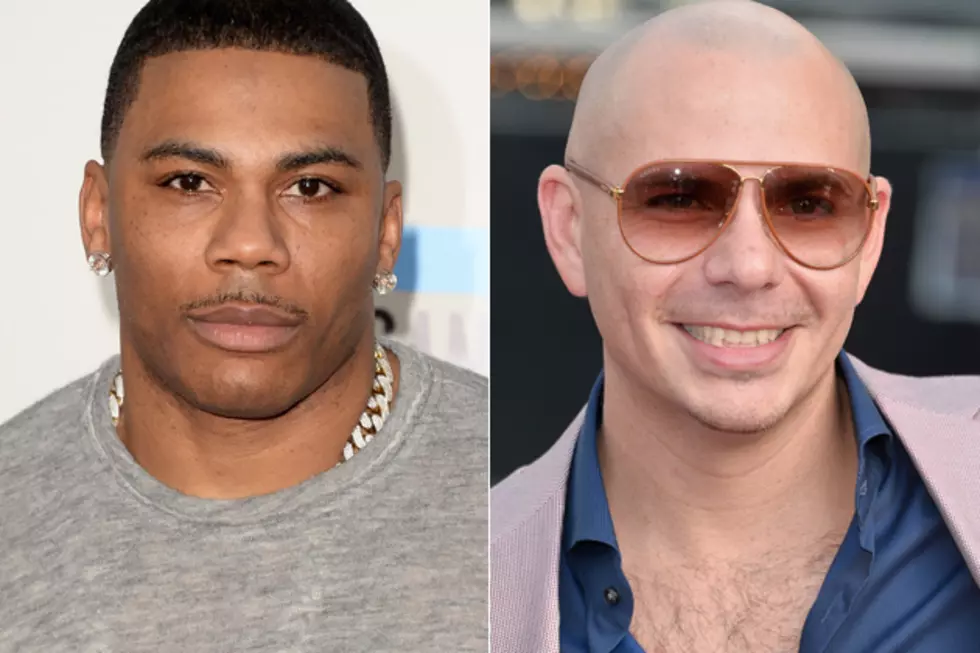
Once You Go Pop, Your Street Cred Drops
Describing their music and their own 'Buhloone Mindstate' on the 1993 album of the same name, De La Soul gave us the keep-it-real musical mantra “It might blow up, but it won’t go pop.” To the purist hip-hop community, the designation pop is an anathema. The assertion that an artist has compromised her or his artistic integrity and alienated their core audience in order to pander to a larger mainstream audience makes them the lowest of low -- a "sell out." But no one embarks on a career to stay broke, so what's an MC to do?
Many rappers come from underprivileged backgrounds and getting out of the 'hood means making songs with crossover appeal that will top the charts. Yet while they aim for wider audiences and more airplay, there's an inevitable dilution of their sound and image. It’s a vicious cycle, really. But does this mean that you can’t respectably return to your roots with fatter pockets? What’s so wrong with going pop and then coming back?
What does the label "pop" really mean though? Sure, it's an abbreviation of the word popular and popularity can be measured by record sales, radio play and the size of an artist's fan base. But there are less tangible traits that lead us to classify music as pop. There's a formula, a pop sound. It's no secret that many hit songs share similarities in instrumental arrangement, chord progressions and song structure. Pop songs like these usually feature a catchy, repetitive chorus, a few verses, and, more often than not these days, a random rap solo. (See: Katy Perry's 'Dark Horse' featuring Juicy J or Jason Derulo's 'Talk Dirty' featuring 2 Chainz.) That’s where hip-hop’s role in pop music approaches its gray area. A component of hip-hop involves rapping, yet nowadays the act of rapping appears on pop songs as well. So in essence, having a rap component does not make a pop song transform into hip-hop. Are you confused yet?
And sure, there are artists whose rapping ability was specifically designed for the mainstream. Take Flo Rida, who probably spent a total of 20 minutes labeled as a hip-hop artist before paddling up the mainstream as a pop performer. Flo Rida’s songs like 'Low' and 'Right Round' hit the No. 1 spot on Billboard, with a slew of success overseas as well. Let’s not forget him winning the Best Hip-Hop Dance Track for his single 'Wild Ones' at last year’s International Dance Music Awards. Dance Music.
Even Pitbull, who came from hip-hop beginnings, migrated to reggaeton, and then submerged himself in the same stream (of income essentially) as Flo Rida. Pit’s fusion of Spanish and English was initially geared to break through more boundaries for Latin rappers, but once he landed 'Give Me Everything”'with Ne-Yo, there was no turning back. The process was gradual, though.
Seventeen years ago, Pit was flipping bars with precision (and braids) on the street circuit. Check the trajectory. In 2006, he dropped the hyper-political 'El Mariel' project that still hasn't cracked 200,000 in sales. By 2009, he released his first major label (and self-label imprint) LP 'Rebelution,' which met the 200K mark (and then some), equipped with the buzz single 'I Know You Want Me (Calle Ocho).' Things changed by 2011, with 'Planet Pit,' which housed the aforementioned 'Give Me Everything.' The track reached over eight million in global sales the year of its release (2011). That's a far cry from rhyming on the boulevard back in the day.
Watch a Pitbull Freestyle From 1997
Pitbull and Flo Rida aren’t isolated examples either. Think of MC Hammer, whose career started in hip-hop and ended in pop, even when his music was no longer popular. He is considered the purveyor of the dreaded hip-pop, starting with his classic single 'U Can’t Touch This.' The case can also be made for an artist like Nelly, who introduced the “sing-songy” rap to the masses through his debut single 'Ride Wit Me' off 2000's 'Country Grammar.' His success reached a steady upswing by his follow-up album, 2002's 'Nellyville,' thanks to a little song called 'Hot in Herre' and the Kelly Rowland-assisted 'Dilemma,' along with other standout singles. The album sold 714,000 in its first week, sealing Nelly's fate as a pop star and no longer the mouthpiece for St. Louis hip-hop (that project stands as one of the best selling "hip-hop" albums of all-time).
The double album 'Sweat/Suit' (2004) was another weird turning point for Nelly. A year prior he dropped 'Tip Drill' (a reworked remix of his hit 'E.I.' that came with X-rated visuals found on BET after hours). Was it a ploy to remain street in the face of pop stardom? Probably not since that following year he turned his country grammar into pure country when he aligned with Tim McGraw for 'Over And Over.' Hip-hop is unforgiving to some.
Last year, Nelly dropped his seventh studio album, 'M.O.,' achieving the dubious honor of being his worst-selling album to date -- he didn't even break 25,000 in sales during its first week of release. While the single 'Get Like Me' garnered critical praise, it was mainly for the performance of Pharrell Williams and Nicki Minaj on the track, not the so-called star of the show. Perhaps at this stage in his career, his sweat is better suited for his 'Real Husbands of Hollywood' venture.
Group-wise, we have Black Eyed Peas, who early on in their career were frustrated with their lack of mainstream success as rappers, so they recruited songbird Fergie, released 'Where Is the Love' with Justin Timberlake, and the rest is history. Are these artists categorically hip-hop? No. Do they rap? Short answer: yes.
The real dissension lies though when an artist has a somewhat solid history as a hip-hop artist and makes that crossover into pop territory sonically. Nicki Minaj being the most recent (and blatant) example of that. The Young Money princess slick talked her way through stairwells that led to Slim and Baby’s office at Cash Money headquarters, only to jump ship and board new ones -- 'Starships' if you will.
Watch Nicki Minaj's 'Starships' Video
Don’t think Nicki doesn’t suffer from buyer’s remorse though. Once her career ran its course through 'American Idol' and dancing with Sophia Grace and Rosie on the 'Ellen DeGeneres Show,' the rapper turned around and recently released her take on PTAF’s viral hit 'Boss Ass Bitch.' On the track, Nicki returns to her sharp lyricism, saying “p----” more times than a vulgar gynecologist. She did it again, joining YG on the remix to 'My Hitta.' She has to at this point if she plans on ever resuming a career in hip-hop (read: not pop).
Let’s remove sound completely from the equation and focus solely on record sales. Jay Z's most recent opus, 2013's 'Magna Carta Holy Grail' hit over 1.1 million in domestic sales. 2011's 'Watch the Throne' with Kanye West clocked in at over 1.5 million (2 million globally). Lil Wayne's 2011 comeback 'Tha Carter IV' hit the 2.2 million mark with 3.5 million worldwide. His YMCMB soldier Drake released 'Nothing Was the Same' this past September, and it's already past 1.3 million nationwide.
All of these artists have crossed the million mark, crafting hip-hop that has ducked any clear hints of saccharine. They are still classifiably hip-hop, yet their album sales place them directly within pop territory. And sure, it can be a matter of the inescapable radio hit that propels the artist into new waters. Jay Z’s 'Empire State of Mind' with Alicia Keys was arguably the biggest pop single of 2009, having reached 5x platinum to date. So in essence, a pop label can come with or without David Guetta producing a song on a rapper's album.
So what is it then? Is it a matter of creating music that misses the mark in hip-hop and chooses to reside in the pool of ambiguity -- where lyrics drown in the new EDM/pop hybrid music realm? The sacrifice being the permanent loss of respect from the hip-hop community in exchange for global notoriety and (hopefully) millions of dollars. Or is it just keeping a steady course of action as a hip-hop artist and building an awareness and empire based on music that doesn’t compromise the art form as you see fit? Realize though that by textbook standards, both are pop artists. The only difference is that one is considered to have sold records, while the other is considered to have sold out.
Suffice to say, we may all lose this debate once the inevitable hip-pop sub-genre becomes a viable category. You may be none too pleased by how many of your favorite hip-hop artists would fall under that umbrella through one set of criteria or another. Success works on a sliding scale.
Whether you blow up or not, sometimes you just go pop.
More From TheBoombox
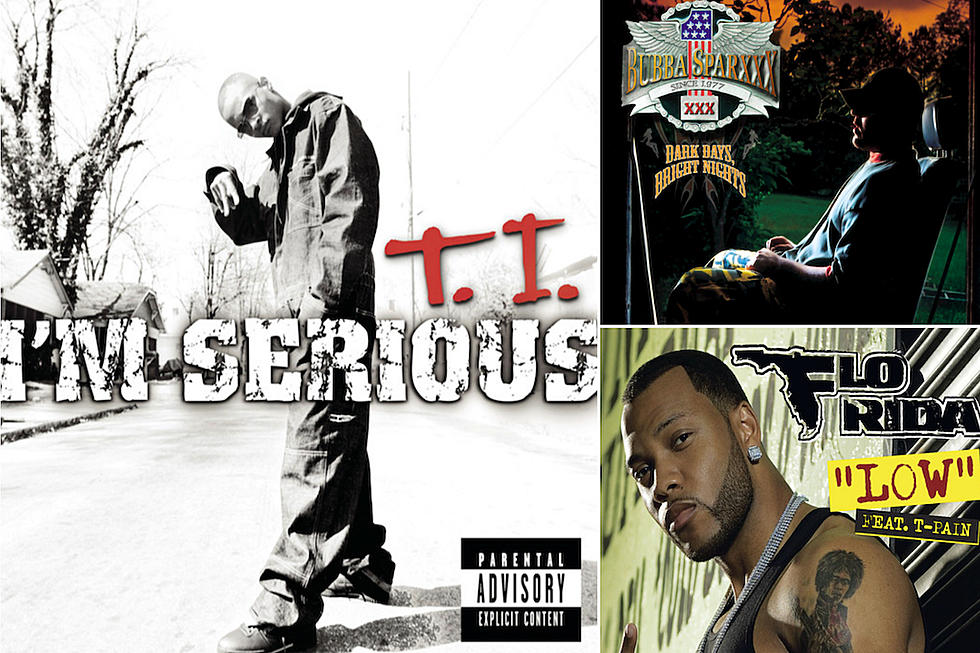

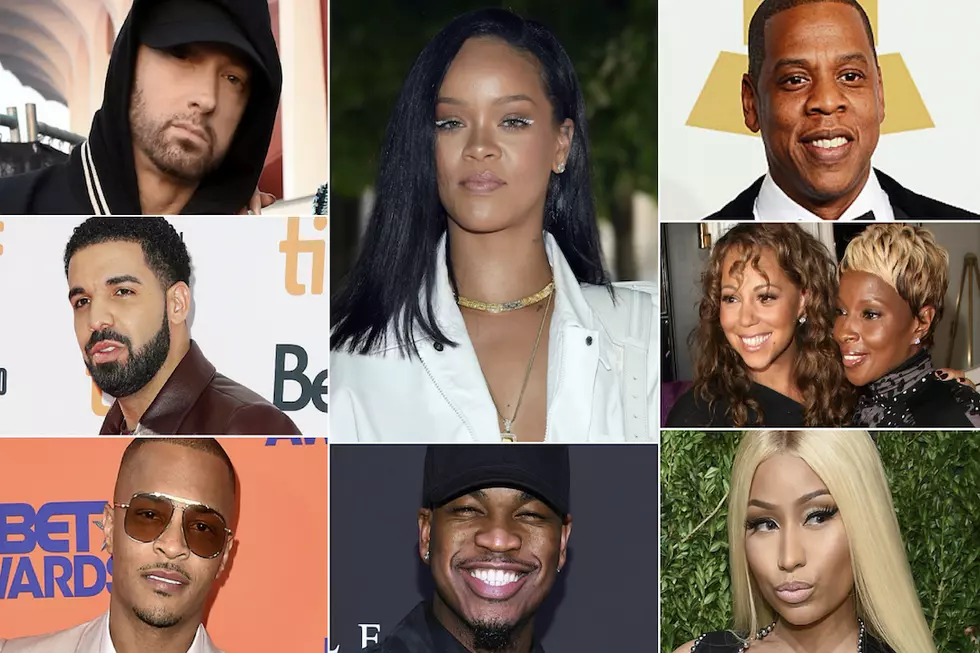
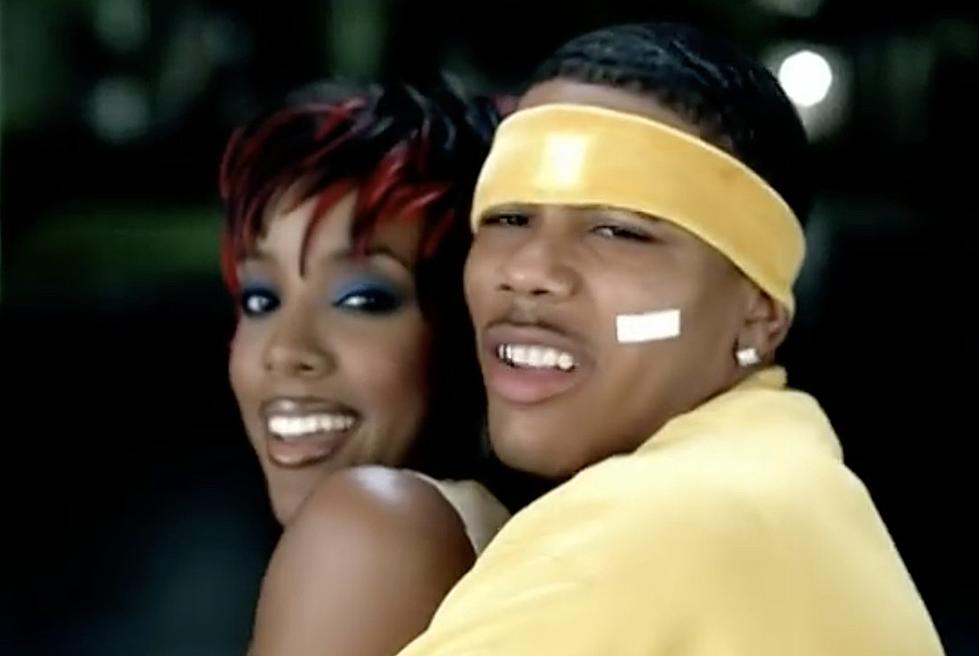



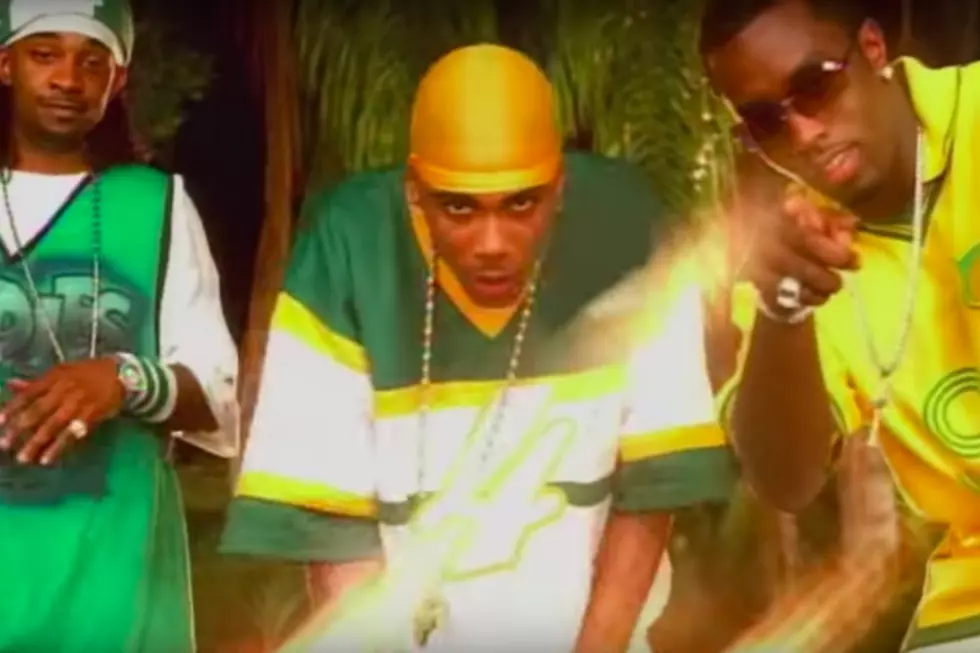
![Nicki Minaj Pays Off 37 Fans’ College Tuition, Student Loans [PHOTO]](http://townsquare.media/site/625/files/2018/06/Nicki-Minaj-Student-of-the-Game-Winners.jpg?w=980&q=75)
